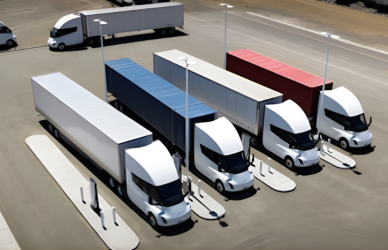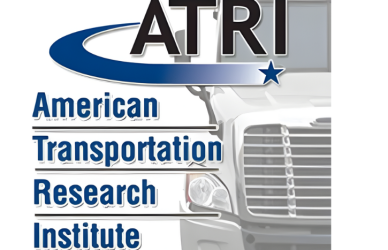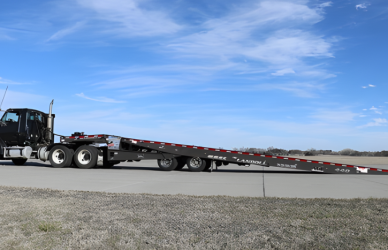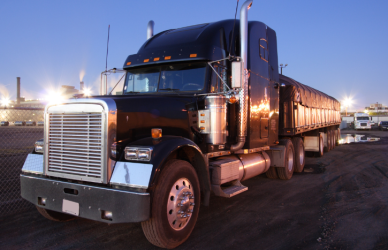A bill dedicated to financing transportation, which encompasses clauses aiming to thwart two significant regulations in the trucking industry, encountered a standstill this week due to a disagreement regarding proposed reductions in funding for Amtrak.
The HR4820, also known as the Transportation, Housing, and Urban Development subcommittee’s appropriations bill, was on the docket to be voted on in the House on Tuesday, Nov. 7, before it was abruptly withdrawn in the final moments. Reports indicate that the bill failed to gather adequate support due to a division over allocating funding for Amtrak.
This deadlock holds significance for truck drivers because the funding bill contains provisions that impede regulatory processes mandating speed limiters and automatic emergency braking systems for heavy trucks.
HR4820 would remove all funding “used to promulgate any rule or regulation to require vehicles with a gross vehicle weight of more than 26,000 pounds operating in interstate commerce to be equipped with a speed-limiting device set to a maximum speed.”
Rep. Scott Perry, R-Pa., revised and added an amendment that would “prohibit the use of funds to finalize, implement or enforce the notice of proposed rulemaking related to automatic emergency braking.” On a voice vote, this amendment was successfully passed.
The Owner-Operator Independent Drivers Association (OOIDA), which champions the rights of truck drivers, lends its support to initiatives aimed at thwarting both of these mandates.
“It’s frustrating to see the House THUD legislation get stalled because of non-trucking-related matters, especially when the bill includes critical provisions that would prevent DOT from moving forward with a dangerous speed limiter mandate and a highly flawed automatic emergency braking proposal,” said Jay Grimes, OOIDA’s director of federal affairs. “The legislation has won support from a number of transportation organizations primarily because it would prevent FMCSA from advancing any speed limiter rule. This is another example of how chaotic the appropriations process has been this year, with the recent Speaker of the House election and a looming government funding deadline on Nov. 17.”
The Federal Motor Carrier Safety Administration (FMSCA) is set to release a supplementary notice for proposed rulemaking concerning speed limiters in December, while a joint final rule on automatic emergency braking systems by FMCSA and the National Highway Traffic Safety Administration is expected in April. Both of these rulemaking efforts have faced substantial resistance from the trucking community.
In response to FMCSA’s speed limiter notice published in 2022, more than 15,000 comments were submitted, with the majority originating from truck drivers vehemently opposing the prospect of being compelled to operate significantly below posted speed limits. Many truckers have also voiced their concerns regarding the compulsory installation of braking systems, citing instances of false activations.
The provisions within the transportation funding bill offer a platform for truckers who are against these mandates. Nonetheless, it should be noted that there will be considerable obstacles in the path to passing this bill. Even if the disagreement over Amtrak funding is resolved and the House passes the bill, integrating measures to halt the trucking mandates into the Senate bill remains a complex task.
Nevertheless, lawmakers are exploring other avenues to halt the implementation of speed limiters. The DRIVE Act, introduced in both the House and Senate, aims to prevent FMCSA from advancing any regulations that would require speed-limiting devices for heavy-duty vehicles.
Source: Land Line











